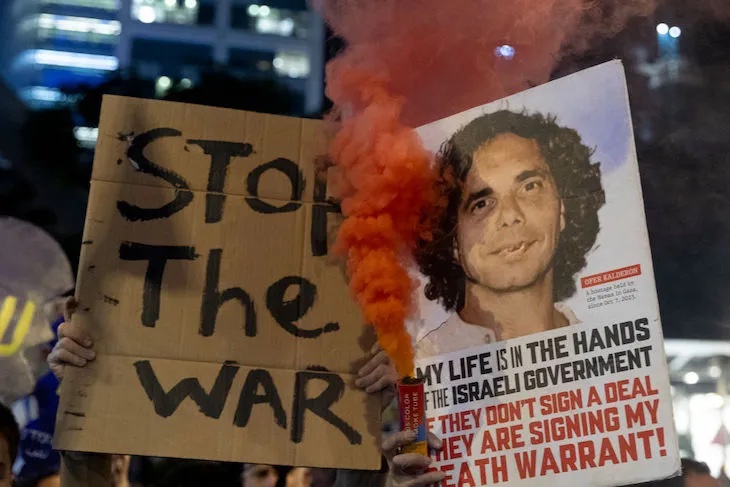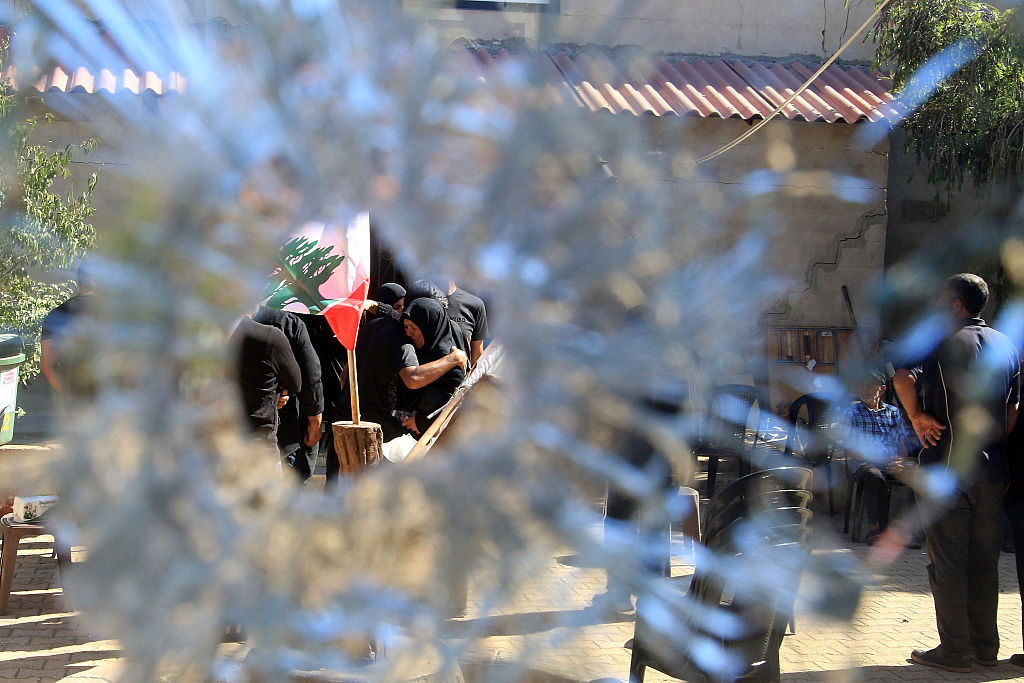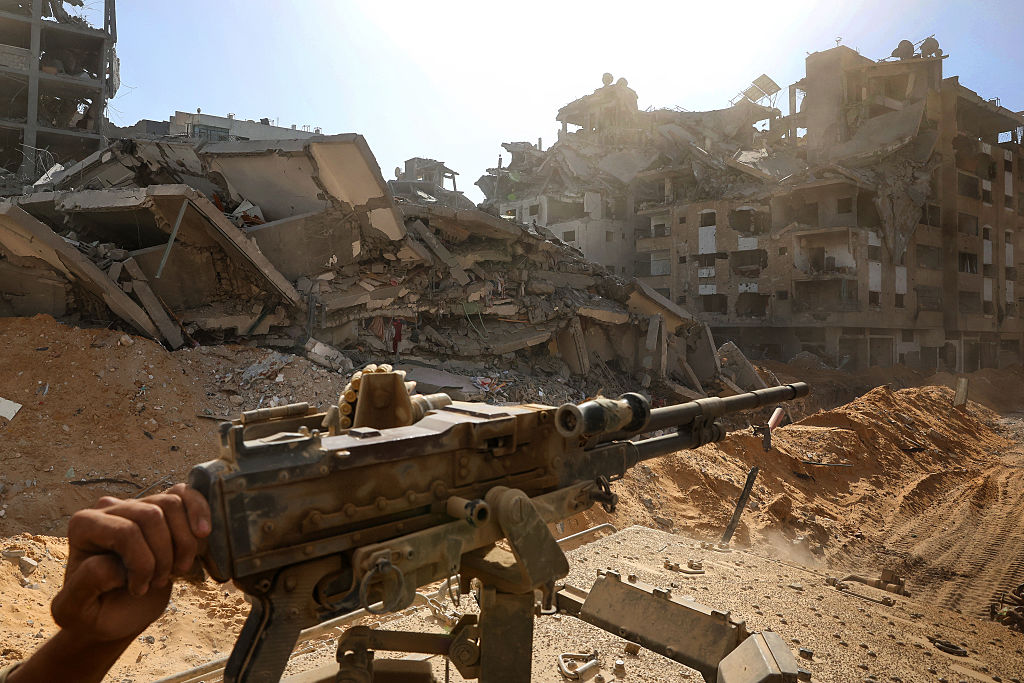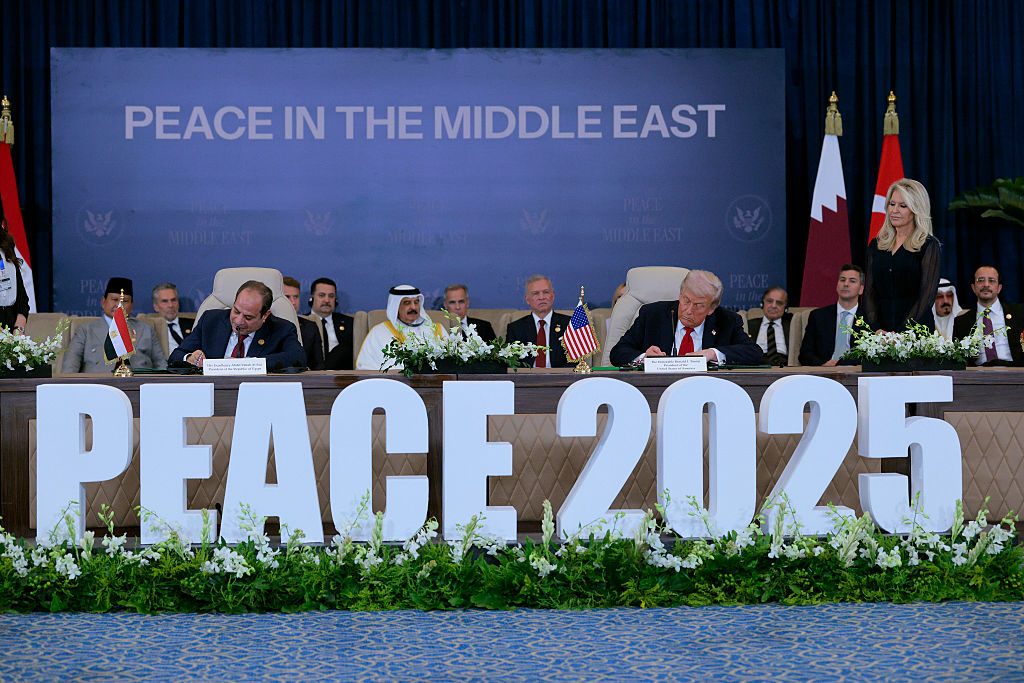As reports swirl of an imminent ceasefire agreement between Israel and Hamas, Israel stands at a crossroads, grappling with the profound dilemmas that such a deal entails. While the full details of the agreement remain unknown until officially announced, the fragments emerging suggest a complex and controversial arrangement that raises difficult questions: How much is Israel willing to concede for the return of hostages? And what price, in lives and security, will the nation pay in the future?
According to reports, the deal is expected to include the release of 33 hostages defined as “humanitarian cases,” a 42-day ceasefire, and the phased release of hostages and Palestinian prisoners. Israel will reportedly retain military positions in Gaza during the ceasefire but may face demands for withdrawal from certain strategic areas over time. Critically, Hamas is said to have demanded the body of Yahya Sinwar, the mastermind behind the October 7th attack, a demand Israel has reportedly refused outright.
Hamas, for its part, has signaled readiness to proceed with the agreement after securing concessions from Israel. These include the release of over 1,000 Palestinian prisoners, a move fraught with emotional and security implications given Israel’s painful history with such deals.
The emerging agreement reportedly includes the establishment of buffer zones within Gaza, designed to enhance security for Israeli communities near the border. These zones would create a physical separation between Hamas-controlled areas and Israel, preventing militants from easily launching attacks or infiltrating Israeli territory. Reports suggest that the buffer zone will extend along the western Negev and southern areas of Gaza, with Israel retaining military presence in these zones throughout the ceasefire period. Additionally, security arrangements will allow the passage of Gazan civilians from northern to southern areas via designated corridors.
Israel’s experience with previous prisoner exchanges looms large in the public consciousness. The 2011 deal to release Gilad Shalit — a single soldier abducted by Hamas — came at the cost of freeing 1,027 Palestinian prisoners. Among them was Yahya Sinwar, who went on to become one of Hamas’ most powerful leaders and the architect of the October 7th atrocities that killed over 1,200 Israelis and led to the current war.
This historical context sharpens the dilemmas surrounding the current negotiations. While the desire to bring hostages home is deeply ingrained in Israeli society and policy, the long-term consequences of releasing dangerous individuals remain a source of anguish. As one official put it, deals of this nature invariably carry a “human price” that is paid in the years to come, often in blood.
Within Israel’s government, opposition to the deal is mounting, exposing deep fractures in the ruling coalition. National Security Minister Itamar Ben-Gvir has labeled the deal a “surrender to Hamas,” calling for his right wing Otzma Yehudit party to join forces with Finance Minister Bezalel Smotrich to block the agreement. Smotrich, for his part, has decried the deal as “a catastrophe for Israel’s national security” but has yet to clarify whether he would withdraw from the coalition in protest. While these two men are often dismissed in the Western media as far-right villains, their concerns are shared by many in society, despite the desperate wish for the hostages to be saved from Palestinian imprisonment and torture.
Israel’s Prime Minister Benjamin Netanyahu, however, appears confident he can weather the storm. The deal does not require Knesset approval, and Netanyahu has long proven adept at navigating political crises within his government. He likely believes that Smotrich will voice opposition but ultimately remain in the coalition, particularly given the broader geopolitical opportunities Netanyahu has championed under the incoming Trump administration.
Yet Netanyahu’s confidence is not without risk. If Smotrich and his allies were to quit the coalition, it could trigger the government’s collapse, potentially paving the way for new elections at a time of national crisis. Balancing these internal pressures against the moral imperative to secure the hostages’ release is a delicate and unenviable task.
The dilemmas extend far beyond politics. On the one hand, the government faces immense pressure from the families of the hostages, as well as a weary public desperate for resolution after months of devastating conflict. Every additional day the hostages remain in captivity deepens the collective trauma of a nation already reeling from loss.
On the other hand, the security risks are staggering. The release of Palestinian prisoners — many of whom were involved in acts of terrorism – raises fears of future attacks, particularly if they return to Gaza or the West Bank with renewed resolve. Critics argue that a deal of this magnitude could embolden Hamas, undermining Israel’s military achievements in the war and complicating its broader goal of neutralizing the group’s threat.
The ceasefire itself presents further challenges. A 42-day halt in hostilities may provide much-needed relief for civilians on both sides but could also allow Hamas to regroup, rearm, and consolidate its hold over Gaza. Israel’s military leadership has warned against prematurely halting the offensive, arguing that Hamas must be decisively weakened before any lasting peace can be achieved.
As Israel teeters on the brink of this monumental decision, the stakes could not be higher. The hostages’ return would undoubtedly bring joy and relief to their families, yet the long-term costs — both in security and political stability — remain uncertain.
Israel must grapple with sadly all too familiar question of priorities: Is the immediate moral imperative to save lives worth the potential risks to national security and future stability? And does agreeing to such terms signal strength in its humanity or weakness in its resolve?
Whatever the outcome, the implications of this deal will reverberate for years to come. Israel is no stranger to difficult decisions, but this one — like so many before it — forces the nation to confront the very core of its identity, its values, and its survival. And that respect for humanity is seen by many of Israel’s enemies as its kryptonite — a weakness which will only make future hostage taking more likely and more extreme. Only time will tell whether this gamble will lead to resolution or regret.
Watch more on SpectatorTV:


























Leave a Reply